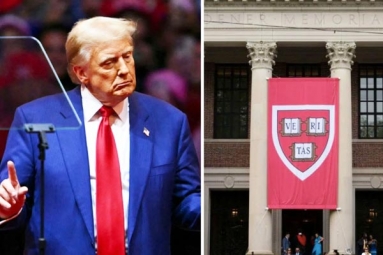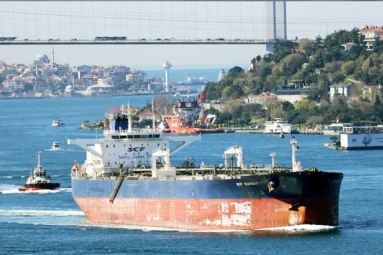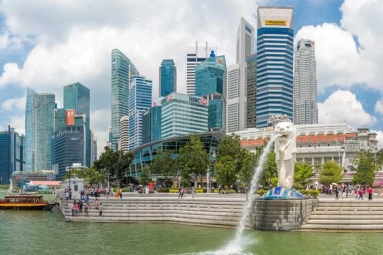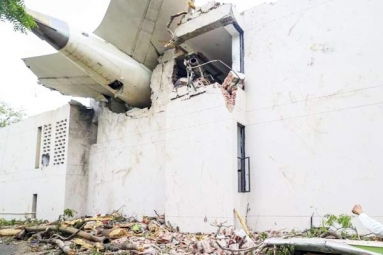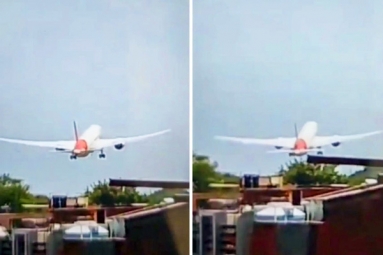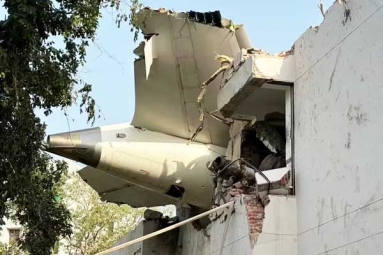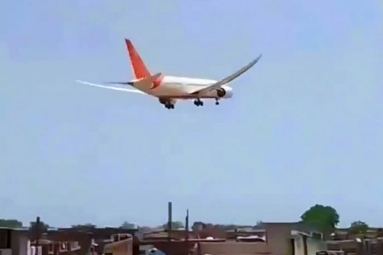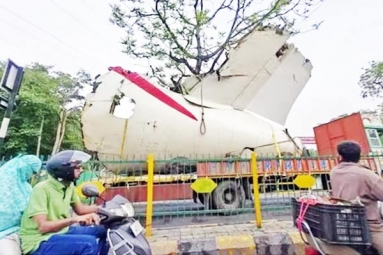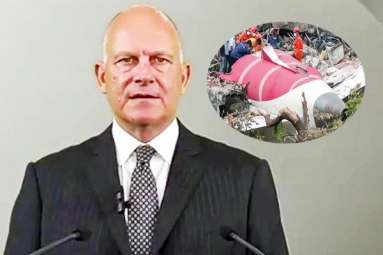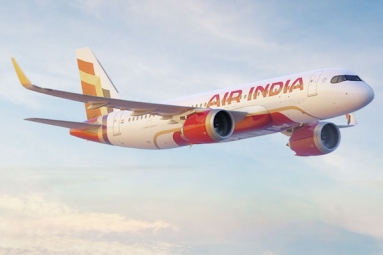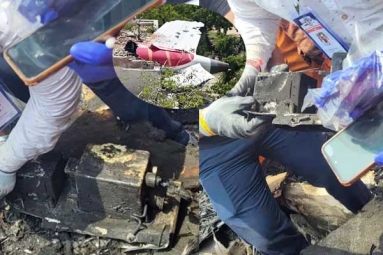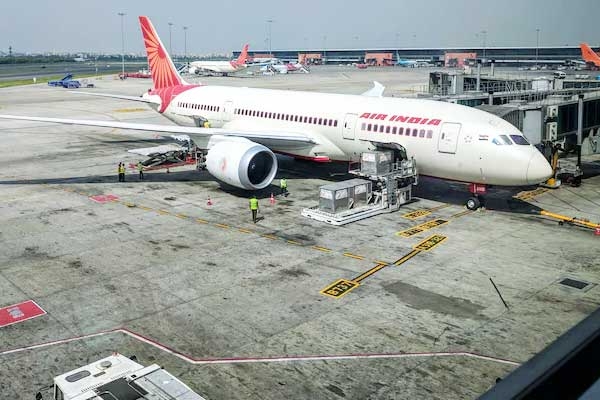
(Image source from: Ndtv.com)
Air India announced on Tuesday that it has finished a "safety" check of the fuel control switch locking system on its Boeing 787 and 737 planes, finding no problems. Last week, the aviation safety authority DGCA instructed airlines to examine the fuel switch locking mechanism in their Boeing 787 and 737 aircraft by July 21, after the Aircraft Accident Investigation Bureau (AAIB) noted in its initial report that the fuel switches were turned off prior to the Air India crash last month. On June 12, Air India flight AI 171, operated by a Boeing 787-8 while traveling to London Gatwick, crashed shortly after departing from Ahmedabad, resulting in the deaths of 241 of the 242 individuals onboard and another 19 people on the ground.
"During the inspections, we found no problems with the locking mechanism," stated the Tata Group airline in a release. The fuel control switches are responsible for managing the fuel flow to the aircraft’s engines. In its initial report regarding the Boeing 787-8 crash, the AAIB indicated that the fuel was cut off to both engines within one second, leading to confusion in the cockpit right after takeoff. Air India operates Boeing 787s, while its low-cost carrier Air India Express uses Boeing 737s. Other domestic airlines such as IndiGo, SpiceJet, and Akasa also operate these types of aircraft. Thus, both airlines, Air India and Air India Express, have followed the instructions from the DGCA given on July 14, as mentioned in Air India's statement. Air India reported that it began voluntary inspections on July 12 and finished them within the timeframe set by the DGCA.
Indian airlines are currently operating over 150 Boeing 737s and 787s. Among these, IndiGo has seven B737 Max 8 and one B787-9, all of which are leased, either through wet or damp leasing, meaning they are not registered in India. Back in 2018, the Federal Aviation Administration (FAA) raised concerns about the possible disconnection of the fuel control switch locking feature on some Boeing aircraft models, including the 787s and 737s, in a Special Airworthiness Information Bulletin (SAIB); however, no airworthiness directive was issued, suggesting that it was not viewed as a safety issue. "In the recordings from the cockpit, one pilot inquired why the other had cut off the fuel, to which the other pilot replied that he had not done so," stated the AAIB's preliminary report. The AAIB referenced the FAA's SAIB in its report but did not recommend any specific actions.
Air India operates a total of 33 wide-body Boeing 787s, while Air India Express has roughly 75 narrow-body 737s. Both Akasa Air and SpiceJet also use Boeing 737s. IndiGo operates both Boeing 787s and 737s, but since they are leased from international airlines, they are not required to follow the DGCA's directive.





